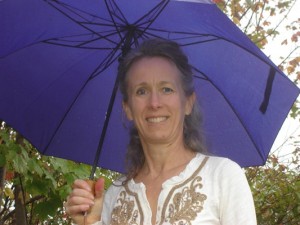After a severe accident, I was taken to the emergency room. It was hours before my husband was able to call a Christian Science Practitioner to pray for me but we felt it was a good idea because I was going in and out of consciousness. I felt healing, and three days later went home.
My consciousness strengthened. I no longer slipped into unconsciousness. I still slept a lot but at least I knew it when I wanted to sleep. So, it was time, in all honesty to pray for myself. I called the Christian Science Practitioner to release him from treating me.
However, the practitioner surprisingly asked, “Are you sure?”
I wanted to say, but didn’t, “Don’t ever doubt my ability to pray with God. I have enough self-doubt myself to deal with.”
I replied with, “Yes, I am sure. Thank you for all your prayers.”
I was a Journal listed Christian Science Practitioner myself. I resisted chronic cases or cases where the patient was headed to becoming too reliant on me. Prayer is not meant to be a pep talk or a support to someone else. To constantly pray for someone is like spoon feeding them when they should be eating on their own. Prayer is a solid acknowledgment of an unbroken link between me and God, and between my patient and God.
When a patient called to release me from giving Christian Science treatment, I encouraged their move forward. Oftentimes, the patient would be afraid, but I’d point out, “That is okay, God is more powerful than the fear. To practice a reliance on God is far better than answering to fear. Trust your spiritual treatment, give yourself a chance. Do not think you have to live up to some human standard of treatment or result. You live and move in God, Love. God has more power than self-doubt.” God doesn’t care if we spill some food while we are learning to feed our self.

